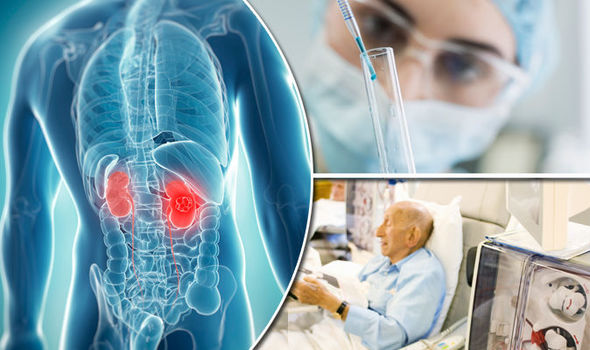Share this Page:
Immunotherapy combinations are becoming the standard treatment for people with advanced clear cell kidney cancer. However, there is not a lot of information about the treatment of people with non-clear cell kidney cancer, such as papillary, chromophobe and translocation renal cell carcinoma (RCC) with these combinations.
KEYNOTE-B61 is a phase 2 clinical trial to look at the effectiveness and safety of the pembrolizumab plus lenvatinib combination in people with advanced non-clear-cell kidney cancer.
158 patients were enrolled in the study and received treatment. Most patients had papillary RCC (59%), while 18% had chromophobe RCC and 4% had translocation RCC (13% of patients were unclassified and 6 % had other subtypes of RCC). Most patients were white (81%) men (71%) and the average age was 60. Just over half of the patients had had a nephrectomy (59%).
After following the patients for about 18 months of treatment, nearly half of the patients had a response to treatment and their cancer got smaller. The average duration of this response has not been reached yet. Nine patients (6%) had a complete response and were cancer-free. In three quarters (75%) of patients who had a response to treatment, this response lasted more than a year. At 12 months, the cancer did not get worse in 63% of patients, and 82% of patients survived at least 12 months. 92 patients remained on treatment after 18 months.
Half of the patients reported serious or life-threatening side effects, the most common of which were high blood pressure, protein in the urine, and a sore mouth. Unfortunately, 8 patients died during the study. None of the deaths were thought to be related to the pembrolizumab plus lenvatinib treatment.
Pembrolizumab plus lenvatinib is effective in patients with previously untreated advanced non-clear cell kidney cancer. The safety of the treatment is consistent with that of previous studies. These results support the use of pembrolizumab plus lenvatinib as a first-line treatment option for patients with non-clear cell kidney cancer.














